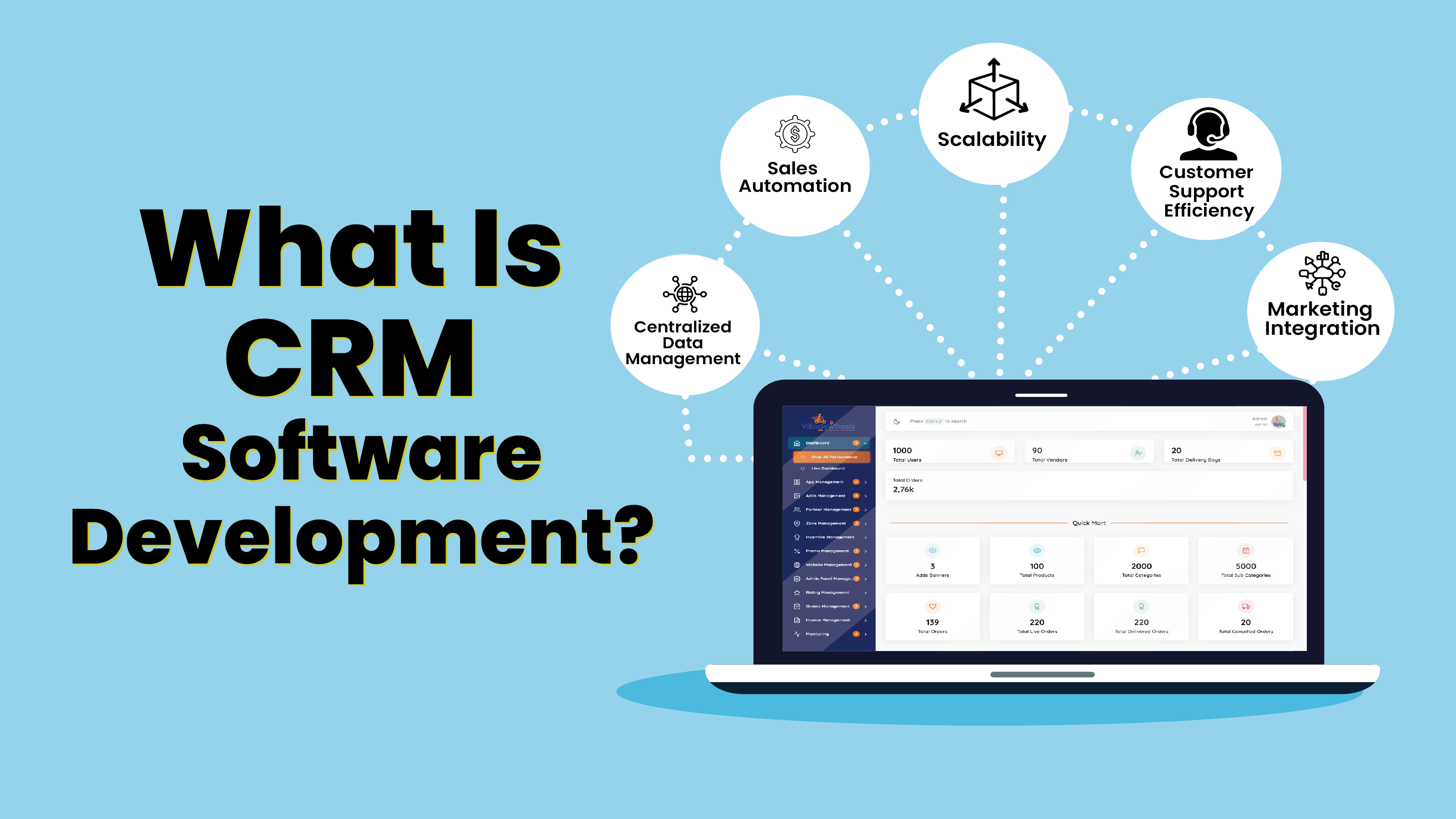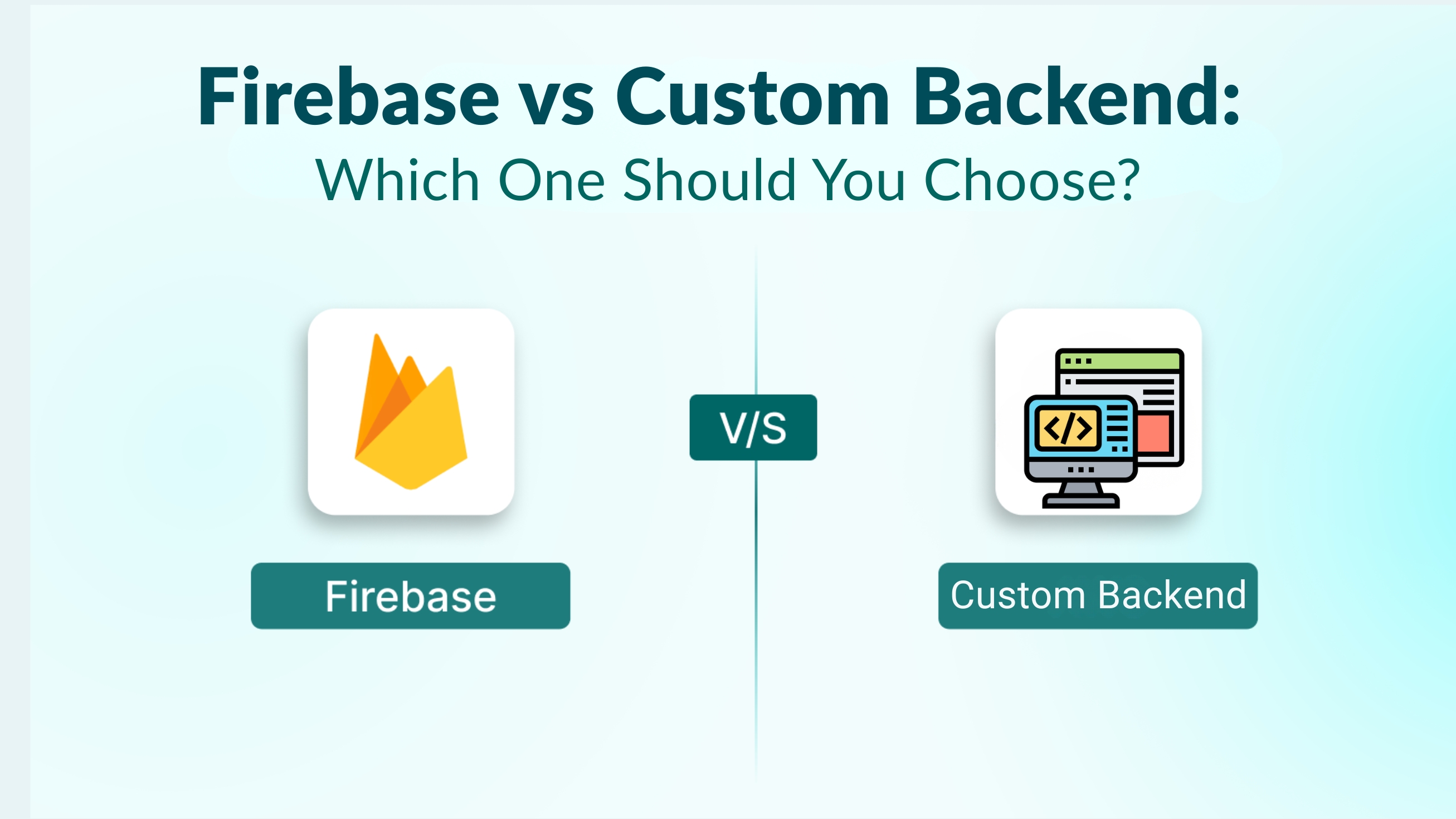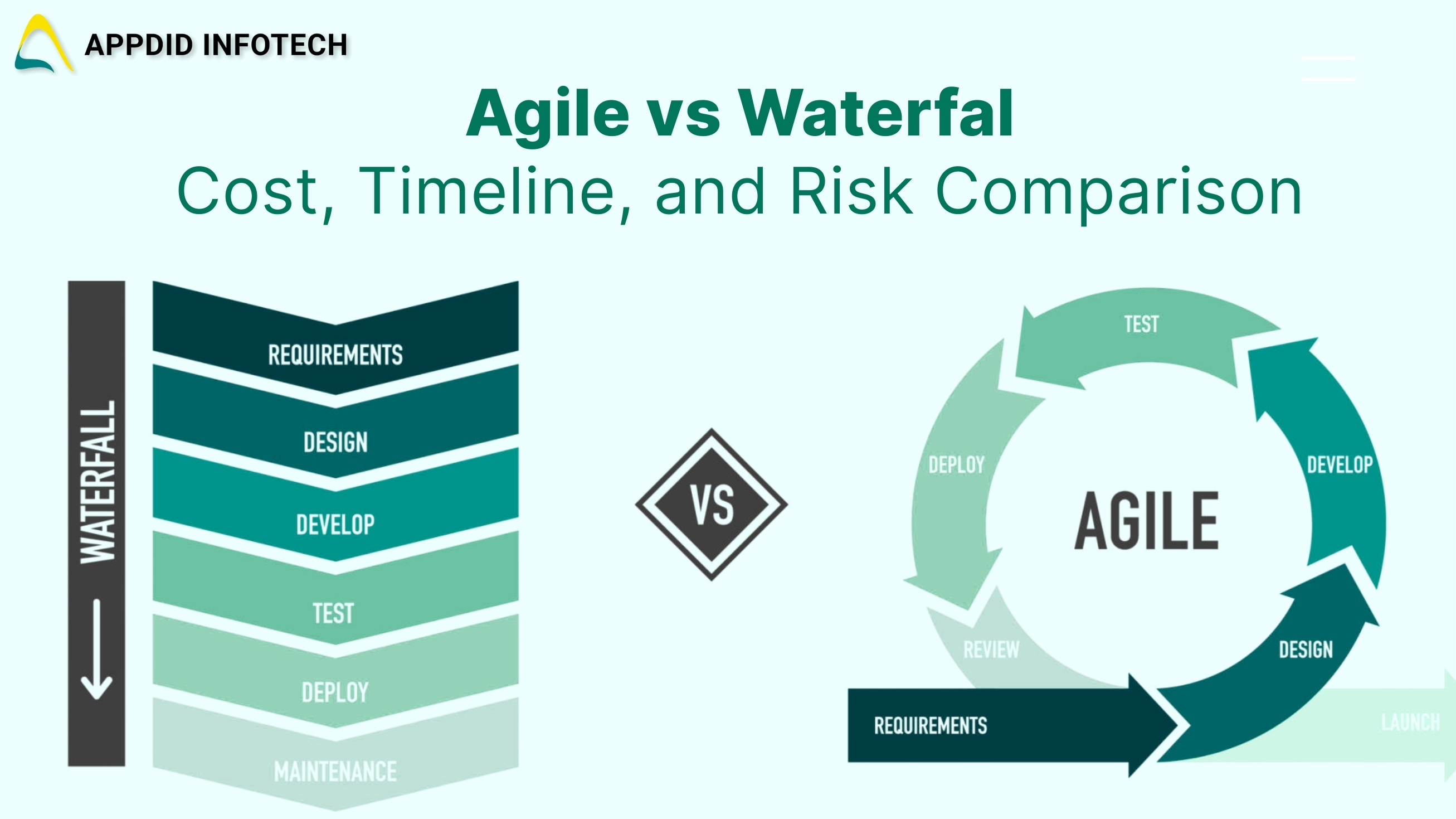Understanding CRM Software Development and Its Core Elements
In today’s fast-paced business environment, customer relationships are the lifeblood of success. As competition grows and customer expectations evolve, businesses can no longer rely solely on manual processes or generic tools to manage their interactions. This is where CRM software development by Appdid steps in offering tailored solutions to help organizations efficiently manage customer data, enhance communication, and drive sustainable growth.
Whether you’re a startup aiming to scale rapidly or an established enterprise looking to improve customer retention, Appdid empowers businesses with custom CRM solutions designed to give them a strategic edge.
What Is CRM Software Development?
CRM Software Development is the process of designing, building, and deploying Customer Relationship Management systems that help businesses:
-
Organize and centralize customer information
-
Automate sales, marketing, and service processes
-
Provide actionable insights through analytics and reporting
-
Enhance customer engagement and satisfaction
Unlike off-the-shelf CRM tools, custom-built CRM software can be tailored to a company’s specific workflows, industry requirements, and long-term business goals.
Why Businesses Need CRM Software Development
Every business interacts with customers differently. A well-developed CRM ensures you’re not just storing customer details but using them to create meaningful, personalized experiences.
Key benefits include:
-
Centralized Data Management – Store all customer data in one place for easy access.
-
Sales Automation – Track leads, set reminders, and follow up without manual errors.
-
Marketing Integration – Launch targeted campaigns based on customer behavior.
-
Customer Support Efficiency – Manage tickets, queries, and complaints seamlessly.
-
Data-Driven Decision Making – Gain insights from reports and analytics.
-
Scalability – Expand functionalities as your business grows.
Core Elements of CRM Software Development
When building a CRM solution, developers focus on integrating several essential components that work together to deliver maximum value.
1. Contact Management
A CRM’s foundation is its ability to store and manage customer details — names, contact numbers, purchase history, preferences, and communication records.
-
Easy data search and filtering
-
Segmentation for targeted communication
-
Integration with social profiles and email
2. Lead & Opportunity Management
Lead tracking ensures no sales opportunity is lost.
-
Automatic lead capture from multiple channels
-
Lead scoring based on behavior and engagement
-
Conversion tracking from prospect to customer
3. Sales Automation
Automating repetitive sales tasks saves time and reduces human error.
-
Auto-assign leads to sales reps
-
Follow-up reminders and notifications
-
Quote and invoice generation
4. Marketing Automation
Modern CRMs come equipped with marketing capabilities.
-
Email marketing campaigns
-
SMS and WhatsApp integration
-
A/B testing for campaigns
-
Analytics for campaign performance
5. Customer Support Management
Offering top-notch support can set your business apart.
-
Ticket management system
-
Live chat integration
-
Service level agreements (SLAs) tracking
6. Analytics & Reporting
Business decisions are best made when backed by data.
-
Sales forecasting
-
Customer behavior analysis
-
Campaign ROI measurement
7. Integration Capabilities
A CRM should fit into your existing tech ecosystem.
-
Integration with ERP systems, accounting tools, and payment gateways
-
API support for custom connections
-
Social media and website form integration
8. Mobile CRM
With business happening on the go, mobile access is critical.
-
Mobile-friendly dashboard
-
Push notifications for updates
-
Offline data access
Types of CRM Software
Before starting development, it’s important to identify the CRM type best suited for your needs.
-
Operational CRM – Focuses on automating marketing, sales, and service processes.
-
Analytical CRM – Specializes in data analysis for better decision-making.
-
Collaborative CRM – Enhances information sharing across departments.
-
Custom CRM – Built from scratch to match unique business workflows.
The CRM Software Development Process
Building a CRM is not just about coding; it involves careful planning and execution.
Step 1: Requirement Analysis
-
Identify business objectives
-
Define user roles and permissions
-
Gather input from sales, marketing, and customer service teams
Step 2: Design & Prototyping
-
Create user interface (UI) and user experience (UX) mockups
-
Develop prototypes for early feedback
Step 3: Development
-
Backend and frontend coding
-
Database design and API integration
Step 4: Testing
-
Functional testing
-
Security audits
-
Performance optimization
Step 5: Deployment
-
Hosting on cloud or on-premises servers
-
Data migration from old systems
Step 6: Training & Support
-
User training sessions
-
Ongoing technical support and updates
Key Technologies Used in CRM Software Development
Developers rely on a variety of technologies to build robust, scalable CRMs.
-
Programming Languages: PHP, Python, Java, JavaScript, C#
-
Frameworks: Laravel, Django, Spring, React, Angular
-
Databases: MySQL, PostgreSQL, MongoDB
-
Cloud Platforms: AWS, Microsoft Azure, Google Cloud
-
API Integrations: Payment gateways, communication tools, ERP systems
Trends Shaping the Future of CRM Software Development
The CRM industry is evolving rapidly, influenced by emerging technologies and customer expectations.
-
Artificial Intelligence (AI) – Predictive analytics, chatbots, and AI-driven recommendations
-
Machine Learning (ML) – Personalized content delivery and churn prediction
-
Voice-Activated CRM – Voice search and voice-based commands for sales reps
-
IoT Integration – Connecting customer devices for real-time service updates
-
Advanced Data Privacy – Compliance with GDPR, CCPA, and other data laws
Common Challenges in CRM Software Development
While the benefits are clear, businesses should be aware of potential challenges.
-
Data migration complexity from legacy systems
-
High initial development costs for custom CRMs
-
Ensuring user adoption across teams
-
Maintaining data security and privacy
Best Practices for Successful CRM Development
To ensure your CRM delivers maximum ROI:
-
Involve end-users early in the design process
-
Choose scalable architecture to handle future growth
-
Prioritize security with encryption and role-based access
-
Focus on UX/UI for easy adoption
-
Provide training to ensure smooth usage
-
Monitor and update regularly to keep up with market changes
Frequently Asked Questions (FAQs)
1. What is CRM software development?
CRM software development is the process of designing, building, and implementing Customer Relationship Management systems that help businesses manage customer data, automate workflows, and improve customer engagement. Unlike generic tools, custom CRM solutions are tailored to a business’s unique processes and goals.
2. How can a CRM system benefit my business?
A CRM system centralizes customer information, streamlines sales and marketing, improves customer support, and provides valuable analytics for better decision-making. It helps businesses save time, reduce errors, and deliver personalized experiences that foster customer loyalty.
3. Why choose a custom-built CRM over ready-made software?
Custom-built CRMs are designed specifically for your business needs. They offer greater flexibility, scalability, and integration with your existing systems, ensuring you only pay for features you actually use unlike off-the-shelf solutions that may have unnecessary limitations.
4. How long does it take to develop a CRM system?
The development time depends on complexity, features, and integrations required. On average, a basic CRM may take 2–3 months, while advanced systems with automation, AI, and analytics can take 4–6 months or more.
5. Does Appdid provide CRM software development in Thane, Mumbai?
Yes. Appdid is a leading app development company in Thane, Mumbai, specializing in custom CRM solutions. We create scalable, feature-rich CRMs that streamline your processes, enhance customer relationships, and boost business growth.
Conclusion
In today’s competitive market, CRM software development has moved from being a luxury to a necessity for any business that values customer relationships and sustainable growth. A well-crafted CRM system does more than store information, it centralizes customer data, automates repetitive tasks, and provides actionable insights that empower smarter decision-making.
By investing in a tailored CRM, businesses can streamline processes, improve team collaboration, and deliver personalized experiences that foster trust and loyalty. With the right CRM in place, companies can adapt quickly to market changes, respond to customer needs efficiently, and stay ahead of the competition.
Ultimately, putting customers at the heart of your operations isn’t just good practice, it’s the foundation for long-term success.
CRM Software Development in Thane, Mumbai – Your Growth Partner
If you’re looking for CRM software development in Thane, Mumbai. Appdid is a leading app development company, specializes in creating custom, scalable, and feature-rich CRM solutions designed to meet your business’s unique needs. Whether you’re aiming to streamline sales processes, boost customer retention, or integrate AI-driven insights, we have the expertise to turn your vision into reality.
As a trusted CRM and app development company, Appdid combines innovation with proven strategies to deliver software that enhances productivity, improves decision-making, and drives sustainable business growth.
Contact Appdid today to discuss your project and discover how we can help you achieve your business goals through next-generation CRM software.










